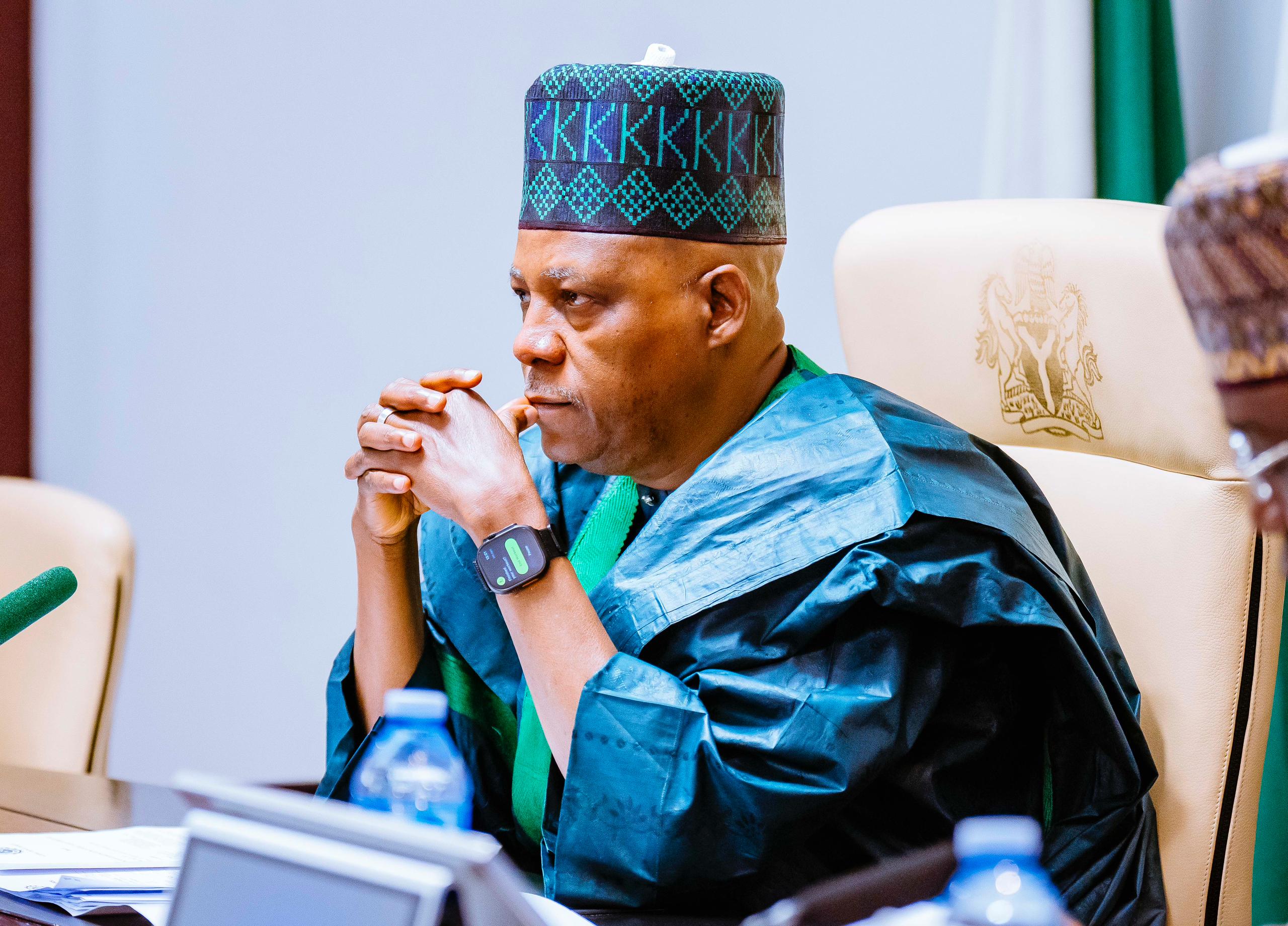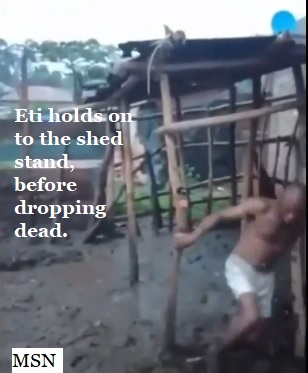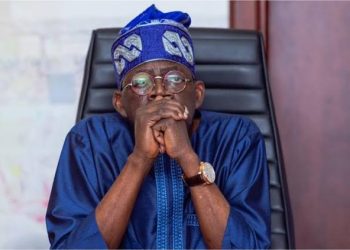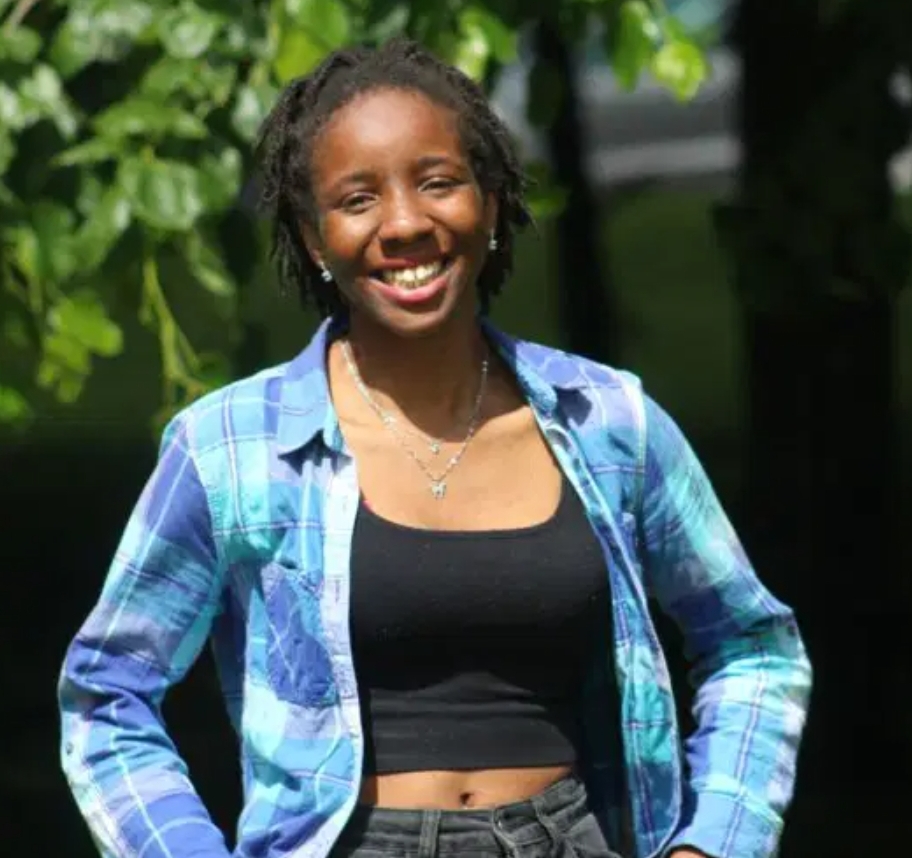President Bola Tinubu on Wednesday has presented the 2025 Appropriation Bill to a joint session of the National Assembly.
The budget outlines an ambitious financial plan themed the “Budget of Restoration: Securing Peace, Rebuilding Prosperity.”
The proposal focuses on stabilizing the economy, creating an equitable environment for business, and fostering inclusive growth.
The President emphasized that the budget was designed to align with the administration’s Renewed Hope Agenda, prioritizing poverty reduction, equitable income distribution, and human capital development.
Below is the breakdown of the 2025 budget presented by President Bola Tinubu:
1. Theme of the Budget: The 2025 budget is titled the “Budget of Restoration: Securing Peace, Rebuilding Prosperity.” It focuses on stabilizing the economy, improving lives, and laying a foundation for long-term growth under the Renewed Hope Agenda.
2. Ambitious Revenue and Expenditure Projections: The government targets ₦34.82 trillion in revenue and ₦47.90 trillion in expenditures, with a budget deficit of ₦13.08 trillion (3.89% of GDP).
3. Economic Recovery and Resilience: President Tinubu highlighted an economic growth rate of 3.46% in Q3 2024, a trade surplus of ₦5.8 trillion, and foreign reserves of $42 billion as signs of recovery.
4. Inflation and Exchange Rate Targets: Inflation is projected to drop from 34.6% to 15% in 2025, while the naira-dollar exchange rate is expected to improve from ₦1,700 to ₦1,500 per US dollar.
5. Key Allocations: The budget prioritizes critical sectors, with allocations of ₦4.91 trillion for defence and security, ₦4.06 trillion for infrastructure, ₦2.48 trillion for health, and ₦3.52 trillion for education.
5. Key Allocations: The budget prioritizes critical sectors, with allocations of ₦4.91 trillion for defence and security, ₦4.06 trillion for infrastructure, ₦2.48 trillion for health, and ₦3.52 trillion for education.
6. Support for Agriculture: Revitalizing agriculture to ensure food security is central to the government’s agenda. Farmers will receive funding and inputs to boost production, reducing hunger and reliance on food imports.
7. Human Capital Investments: Over ₦826.90 billion is allocated for education infrastructure, including provisions for nine new higher institutions. In healthcare, ₦402 billion will be spent on infrastructure, with ₦282.65 billion allocated to the Basic Health Care Fund.
8. Infrastructure Development: The Renewed Hope Infrastructure Development Fund focuses on energy, transportation, and public works. Notable projects include the Lagos-Calabar Coastal Highway and Sokoto-Badagry Highway.
9. Fiscal Philosophy: The budget emphasizes restoring macroeconomic stability, enhancing the business environment, fostering inclusive growth, and promoting equitable income distribution.
10. Call for Collective Action: President Tinubu called on all Nigerians, leaders, and institutions to collaborate in overcoming corruption, insecurity, and economic challenges, urging unity to build a prosperous nation.









